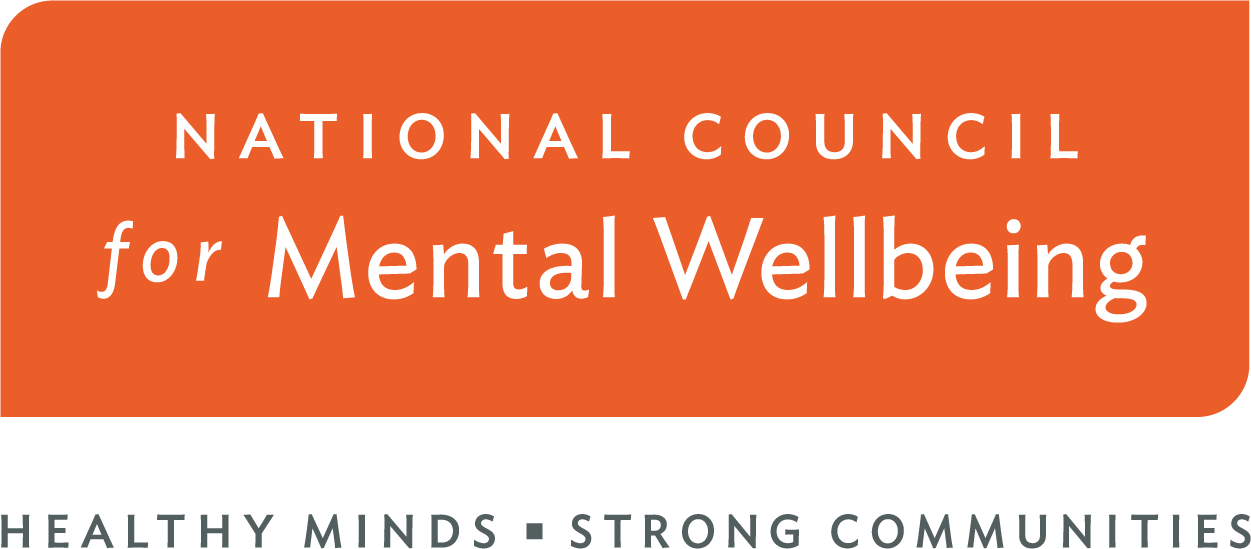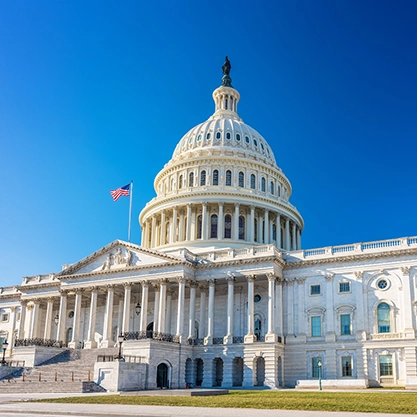Opioids, alcohol, stimulants and methamphetamines continue to take a massive toll on our wellbeing.
But we have strategies to reduce overdose deaths and help people with substance use challenges, and the mainstreaming of addiction treatment is no longer purely aspirational.
It’s happening. The momentum began in December 2022, when Congress passed the year-end spending package, including the Mainstreaming Addiction Treatment (MAT) Act, which eliminated the X-waiver and made it easier for clinicians to prescribe buprenorphine, one of two medications commonly prescribed to fight opioid addiction.
Recently, both chambers of Congress reintroduced bipartisan bills that would allow patients seeking treatment to get methadone — the other medication to fight opioid addiction — at local pharmacies with a prescription from a doctor specializing in addiction, in addition to getting it from federally regulated clinics, according to the Washington Post.
And the momentum continues.
The U.S. Food and Drug Administration (FDA) is nearing a decision on whether to make Narcan available over the counter. In a joint meeting on Feb. 15, two of the FDA’s advisory panels unanimously voted to recommend that Emergent Biosolutions’ Narcan become the first opioid overdose reversal drug to be made available over the counter.
A bipartisan group of lawmakers also asked the FDA this week to approve over-the-counter access to Narcan. “The reality is that overdose deaths are preventable, but intervention must occur quickly. Putting Narcan directly into the hands of those impacted by substance use disorder will save countless lives,” the lawmakers wrote.
While no single approach will end overdose deaths, making Narcan easy to obtain and widely available likely would save countless lives. Despite recent progress, potential and cultural hurdles remain in efforts to mainstream addiction treatment.
The New York Times reported on the Drug Enforcement Administration (DEA) proposition that, after the pandemic public health emergency is lifted in May, doctors be limited to prescribing a 30-day supply of buprenorphine to patients who have not had an in-person appointment, a change that could restrict access to the medication. That proposed policy could be harmful, and we urge the Biden administration and Congress to reject the proposed change.
The treatment of substance use disorders is a needlessly toxic issue in this country, tinged with layers of bias. It’s important to cut through all the preconceived notions. People with substance use challenges, including alcohol use disorder (AUD), can and do recover, but we need to help them achieve that goal — not put up more barriers.
There are many paths to recovery. Boosting prevention, treatment and recovery supports would go a long way toward reducing the rising number of overdose deaths. For many, the doors to treatment must remain wide open because it helps to keep them connected to services.
We can’t turn our backs on people with a substance use or alcohol use disorder or turn our backs on the tragic consequences of substances — whether those substances are illicit or socially acceptable.
Mainstreaming addiction treatment holds significant promise. It signals that we understand the need to address substance use disorders in a meaningful way. It demonstrates our understanding of evidence-based approaches.
We must overcome the political and cultural hurdles that prevent us from taking meaningful steps to help those with a substance use disorder. That includes chipping away at the fear and discrimination that so often prevents people from seeking treatment. No one can overcome these challenges alone. Acknowledging the need for treatment provides hope that mental wellbeing — thriving regardless of a mental health or substance use challenge — is within reach.
Keeping mental wellbeing within reach requires continuing efforts to ensure addiction treatment is also within reach. What are we waiting for?
Please share your thoughts with me. What barriers have you experienced in your efforts to provide treatment? What steps can states and the federal government take to improve treatment of substance use disorders? Are they doing enough?

